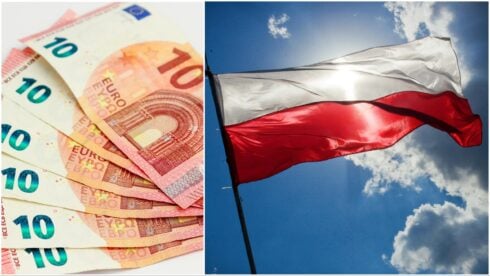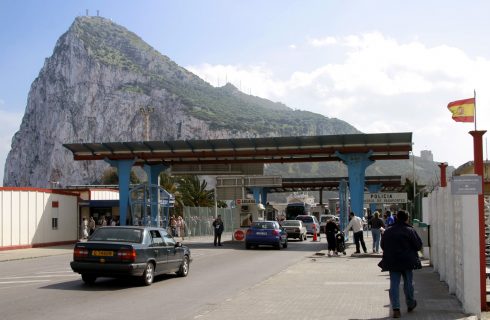THE ever-evolving health crisis has dealt a huge blow to the Spanish tourism sector – Germans will not holiday in Spain this year.
In an interview with ZDF television network, Germany’s tourism commissioner, Thomas Bareiss, bluntly stated that ‘travel to Spain, Greece or Turkey is unlikely to resume quickly.’
If the warning issued by Bareiss is confirmed, the Spanish economy could suffer even more, since tourism from Germany represents a significant monetary injection.
As the second largest market for tourism in Spain, more than 11 million Germans visited the country in 2019.
Favouring destinations such as the Balearic Islands, Germans constitute one third of the international market for the region, with a total of 4.5 million people visiting last year.
They are also particularly drawn to Mallorca, thanks to thousands purchasing second homes on the island which retains a loyal expat community.
This was evidently clear last week, after a group of Germans pleaded with the Government of the Balearic Islands to make a concession to allow them to return to their holiday homes, claiming the current restrictions were a violation of property law.

Earlier this month, one of country’s most respected medical chiefs, Klaus Reinhardt, also delivered the stark prediction that Germans will not travel this year, backing up Bareiss’ forecast.
Reinhardt, who holds the role as chairman of the Hartmannbund Association of Doctors, said tourism to popular holiday spots such as Italy, Spain or France would ‘unlikely happen during the summer’ as these destinations would still be recovering from the effects of coronavirus.
Moreover, he believes that there is much to be done before Germany returns to normality and that restrictions on travel will be in place for some time.
Mirroring Reinhardt’s sentiments, the Prime Minister of North Rhine-Westphalia, Armin Laschet, urged Germans to hold off from booking trips abroad.
He said: “No one can reliably predict when normalisation can be expected in the tourism sector,” adding that he strongly advises against planning long-distance trips.
Travel agencies operating under the Mecklenburg-Vorpommern Tourism Association are also urging their clients to postpone their booked holidays to beyond August.
These hard-hitting statements strike a further blow for the future of Spain’s tourism industry, as a huge proportion of businesses within the hospitality sector had held onto the hope of recovering what has already been lost as the summer progresses.
This will especially impact the Balearic Islands, which heavily depend on an influx of tourists during the summer months.

According to the confederation for Business Associations in the Balearic Islands (CAEB), more than half of hotels across the region have already made the decision not to open until Easter 2021.
With a growing consensus that reopening without clients will generate more losses than benefits, hoteliers want to maintain their liquidity to ensure their future viability.
Click here to read more Spain News from The Olive Press.








